Image Credit: Edel Rodríguez
Six months ago, The Washington Spectator’s newly hired National Correspondent Rick Perlstein made a bold prediction. Donald Trump was not the momentary political curiosity most media outlets described. Trump was, in fact, a growing political force that most reporters and political pundits didn’t understand because they were completely disconnected from the Americans drawn to Trump: our nation’s working stiffs who are flown over, ignored, disrespected, and ridiculed by the coastal Brahmins who interpret our politics for us.
“Those people,” who shower when they come home from work and not in the morning, knew Trump in an intimate way. The political chattering class did not. Why did lower-working-class Americans know Donald J. Trump? Because he had been a part of their lives, a regular visitor to their living rooms, while the elite in Washington, New York, and Los Angeles had ignored them.
Excerpts from Perlstein’s November 1, Washington Spectator article follow.
Why is Trump still number one in the presidential ratings? I anatomized one set of explanations a few weeks back: the racism, the sadism, the demagoguery––all of that. Here’s a complementary reason hiding in plain sight: the hit TV show, where the most sophisticated techniques of Hollywood art were applied to imprinting an image on the minds of millions more citizens than ever paid attention to any politician, with the possible exception of the president. No wonder a thus-far shockingly successful campaign followed.
Donald Trump’s reality show was part of the saturation wave of product from producer Mark Burnett, following his runaway hit “Survivor.” This time the survivors were young would-be tycoons: 16 of them, winnowed down from what Trump claims (in what is surely one of his signature mendacious boasts) 215,000 applications. “The Apprentice” opened, on January 8, 2004, with Trump’s signature blather:
“New York. My city. Where the wheels of the global economy never stop turning. A concrete metropolis of unparalleled strength and purpose that drives the business world. Manhattan is a tough place. This island is the real jungle.” (Take that, Survivors.)
“If you’re not careful it can chew you up and spit you out.” (Pan over homeless man sleeping on a bench: must have not been much at negotiating deals.) “But if you work hard, you can really hit it big. And I mean really big!” (Look! There’s Donald Trump’s mansion!)
“My name is Donald Trump, and I’m the biggest real estate developer in New York. . . . But it wasn’t always so easy. Thirteen years ago I was seriously in trouble. I was billions of dollars in debt. But I fought back, and I won—big league. I’ve mastered the art of the deal, and I’ve turned the name ‘Trump’ into the highest quality brand. And as the master I want to pass my knowledge on to somebody else. I’m looking for––the apprentice.”
It’s awful; to my taste, nearly unwatchable. I don’t dislike reality shows as such. (“Survivor” has an intensity and richness far beyond “The Apprentice,” for example.) I’ve covered three Republican conventions. Watching “The Apprentice” was by far the hardest reporting job I’ve ever endured. If you watched it, you’d probably agree. But political junkies aren’t the type of people who watched it.
There it was, hiding in plain sight.
Like Ronald Reagan before him, who was a household face for millions of Americans who had grown up watching “G.E. Theater” and “Death Valley Days,” Trump is a familiar face to fans of what might be described as “low-brow TV.”
“Downton Abbey” devotees might have missed him. Joe Six Pack didn’t. And to the astonishment of our pundit class, such as New York Times columnist David Brooks (who finally recognized “I have to change the way I do my job if I’m going to report accurately on this country.”), Joe Six Pack turns out for Trump rallies. And votes.
Look for him at the polls in November.

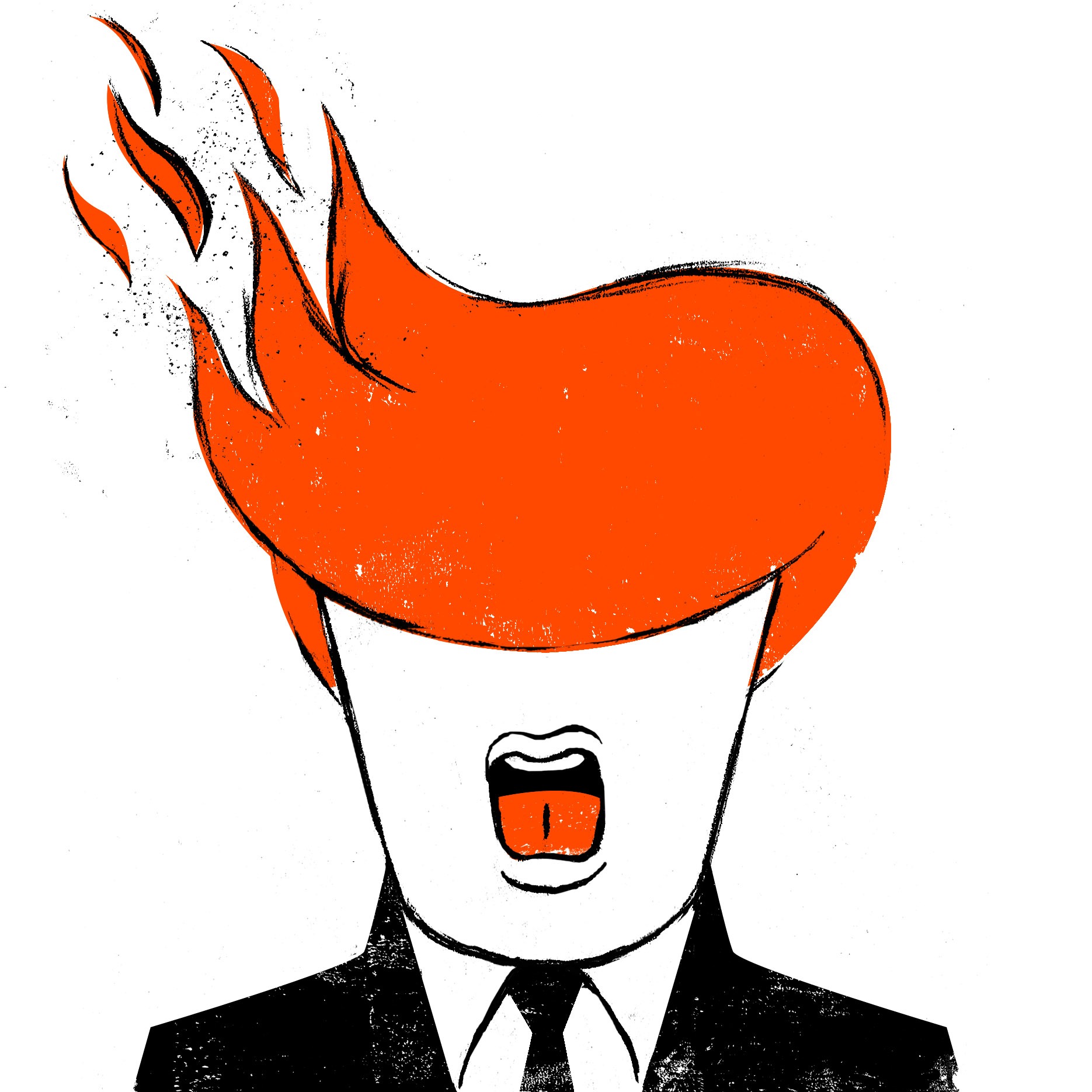
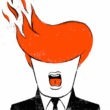
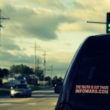
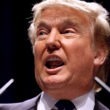
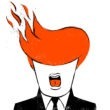

Remember Famous walls; The Great Wall of China, the Berlin Wall–wasn’t it President Regan who said to Khrushchev, “… tear down this wall…?